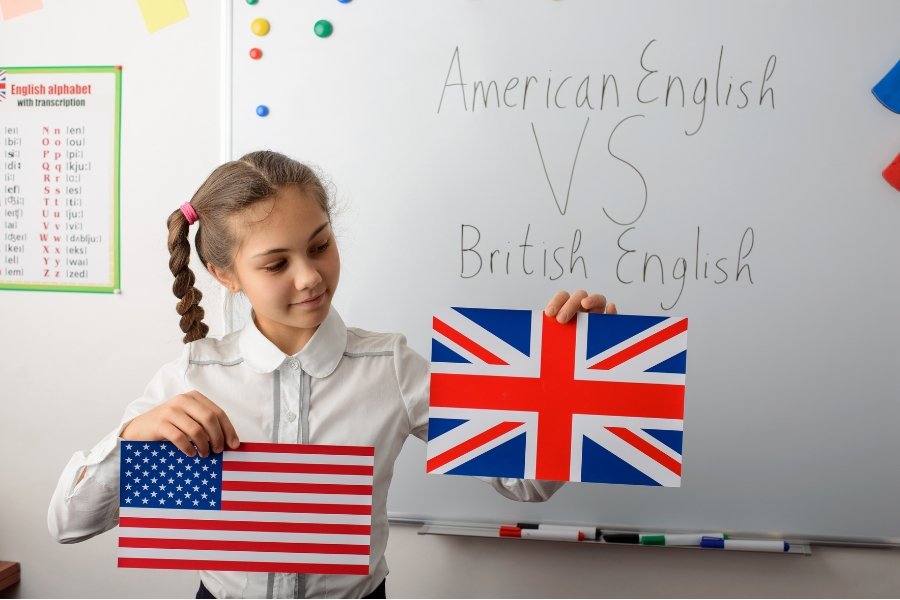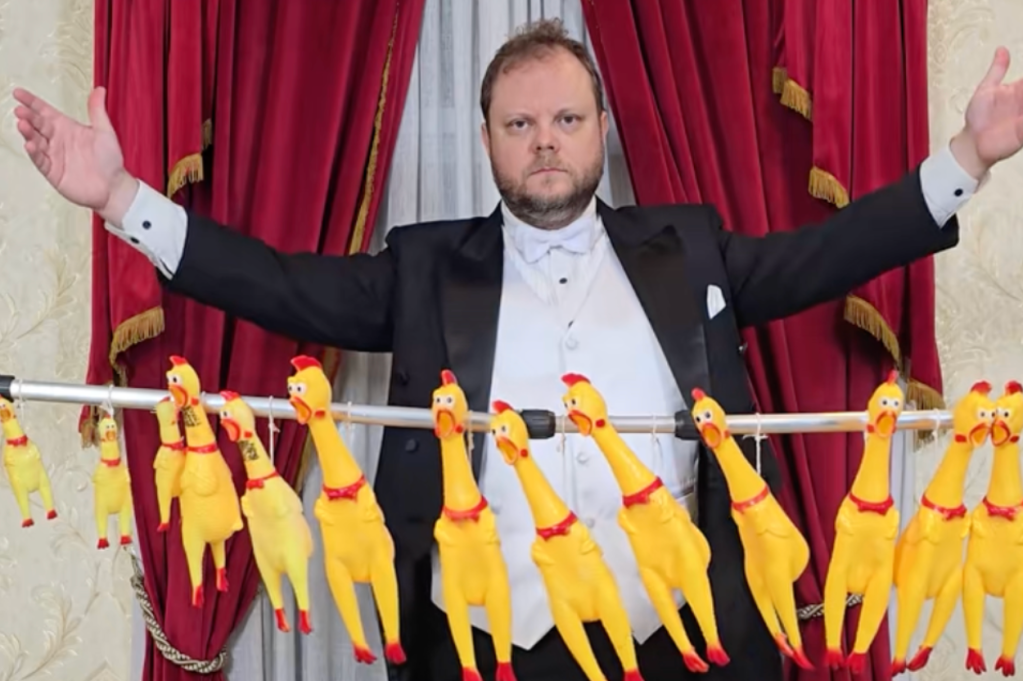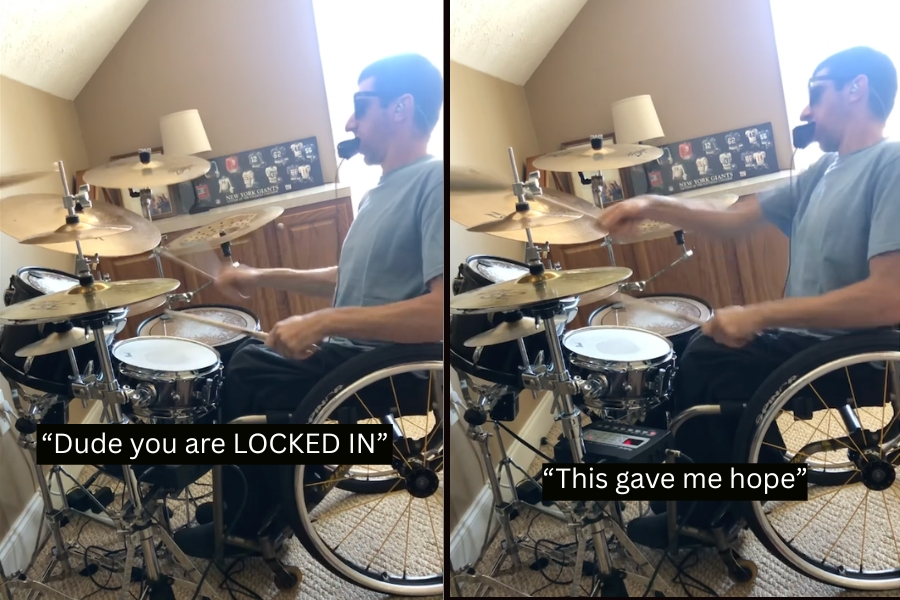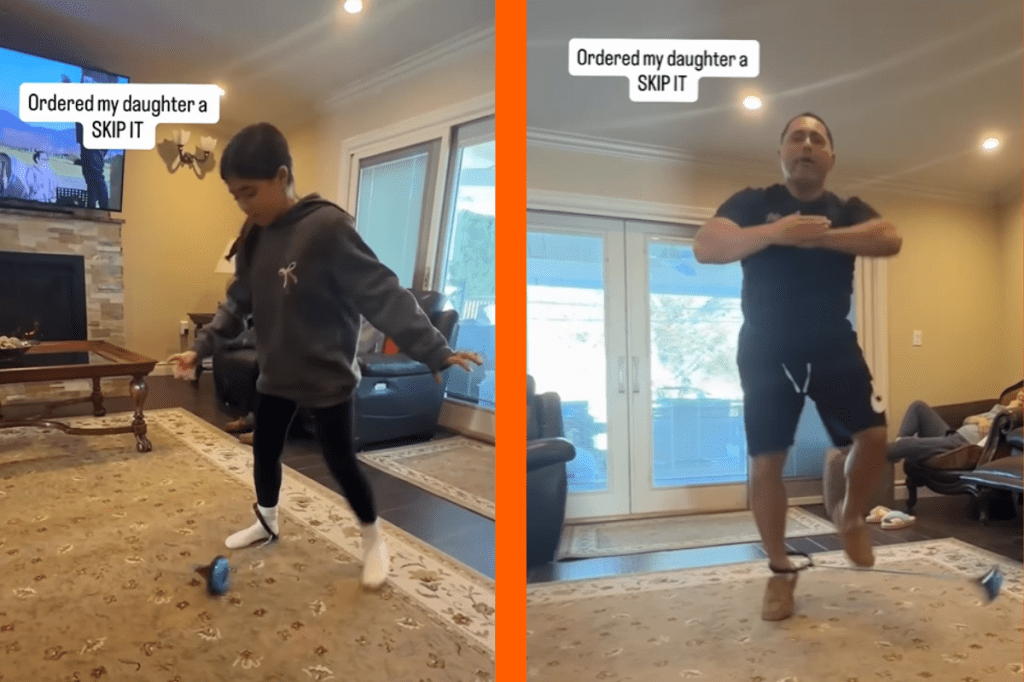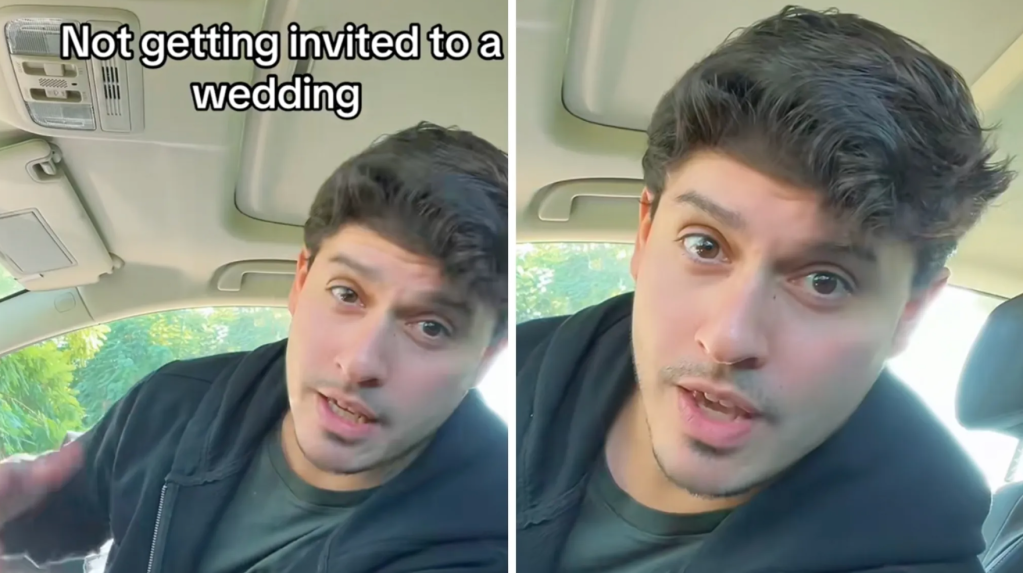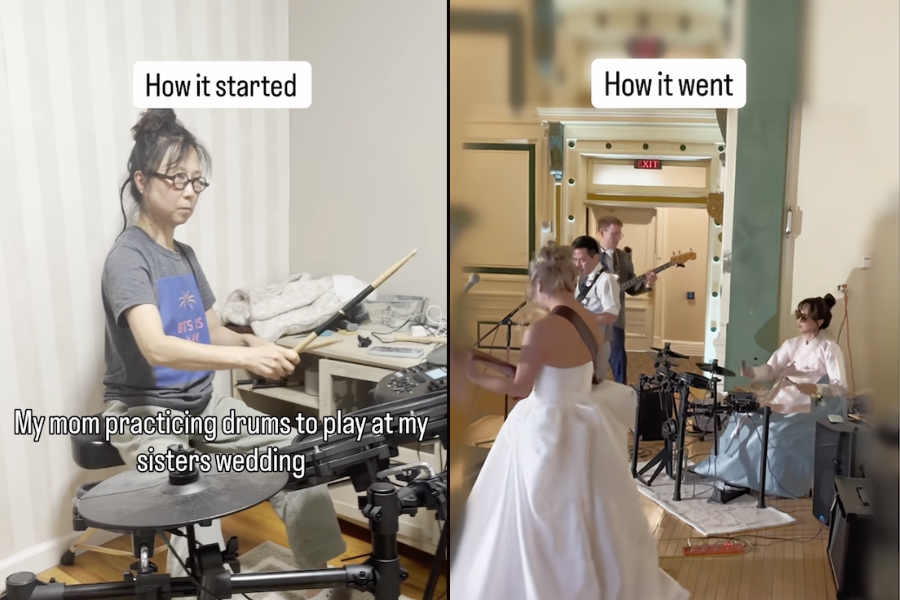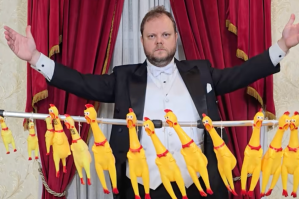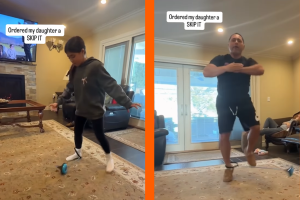Learning to speak English must be confusing when it’s not your first language, especially considering how many distinct English accents there are. If you learn English strictly from American teachers, you’ll end up pronouncing the language differently than if your teachers are British, Australian, or New Zealander.
One difference between American and British English is the way the two treat the “r’ sound. American English uses the hard “r” sound (which is one of the rarest linguistic sounds in the world) a lot. Brits generally drop it at the end of words—father becomes “fath-uh,” water becomes “wat-uh,” and so on—and yet, Brits also insert “r’ sounds where there isn’t a letter “r,” which is super confusing for Americans.

Case in point: I watched Hamilton on stage in London, and in the final number, the whole cast sang “Angelic-er and Eliza were at his side when he died.” How did they turn Angelica into Angelic-er? (Especially when they were supposed to be using American accents?)
A linguist named Derek explains that the inserted “r” in British English serves a specific purpose—as a placeholder to distinguish between the vowel sound at the end of one word and the vowel sound at the beginning of the next word.
So “America is” becomes “Americ-er is” and “banana is” becomes “banan-er is.” (Or “banana rizz” as one clever commenter pointed out.) It’s called an “intrusive R” and it sounds downright strange to the American ear. We’re used to hearing “r” sounds all the time, but not in places where there isn’t actually an “r” anywhere to be found.
When a word ends in a vowel and the next word begins with a vowel, Americans just slide the vowels together or sometimes put a little glottal stop in between the vowel sounds. British English differentiates them with an “r” sound. It’s an unspoken rule—they don’t learn it at school or anything, as it’s dialectical, not grammatical. In fact, Brits often don’t even realize they’re doing it until it’s pointed out to them.
So if British people are perfectly capable of pronouncing an “r” at the end of a word, why do they not pronounce the “r” at the end of words that actually have a letter “r”? That’s an interesting, if not totally clear, story.
People might assume that Americans were the ones who added the “r” pronunciation to English or that it must be a carryover from Scottish accents that pronounce the “r” with gusto. But in actuality, British people in general used to pronounce the “r” as well. That’s right. British English actually used to sound more like American English, not the other way around.
How exactly the change happened has been a topic of some debate among linguists, but the gist is that England’s non-rhotic accent (the accent that doesn’t pronounce the “r”) came about as a bit of socioeconomic snobbery in the 18th century. Certain classes of Brits started putting on the accent as a way of differentiating themselves from those of lower classes, at least in certain parts of England. Toss in a trendy fascination with the French around that time, and voila! Bye-bye “r” sounds.

But back to the present confusion about when the “r” gets pronounced. As Derek points out, both British and American folks often get it wrong when imitating one another’s accents. Brits will add “r” to the end of words that end in a vowel simply because they think that’s what Americans do, and Americans will remove the “r” sound where it’s actually used in British English. For instance, British pronunciation of “father” would be “fathuh,” but not when a word that starts with a vowel comes after it, like “my father and I.” In that case, the Brit would pronounce the “r” but an American imitating a British accent would probably say, “my fathuh and I.”
Tricky, isn’t it? But now we know. If the next word starts with a vowel, Brits say “r” at the end of words ending with a vowel or with an “r.”
You can follow Derek on TikTok for more linguistic fun.

